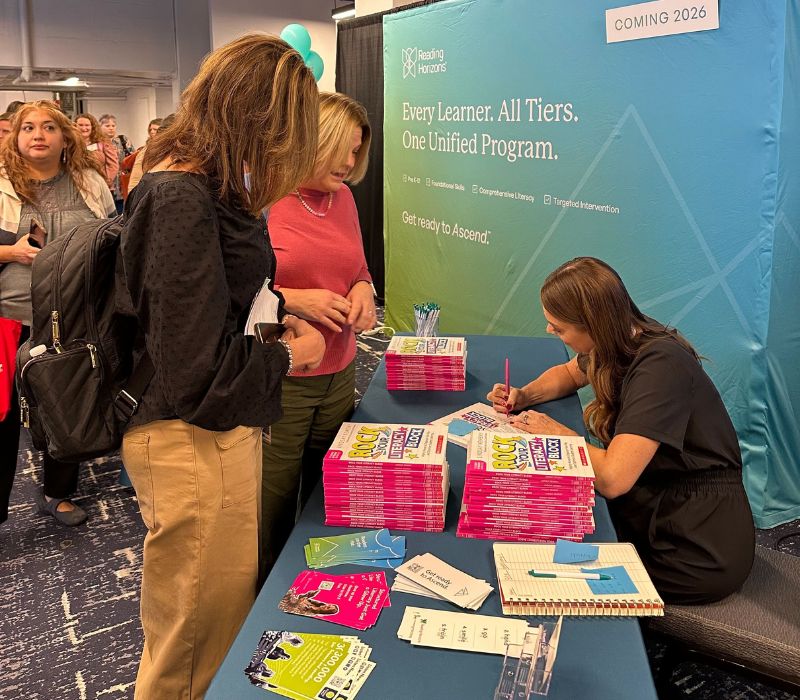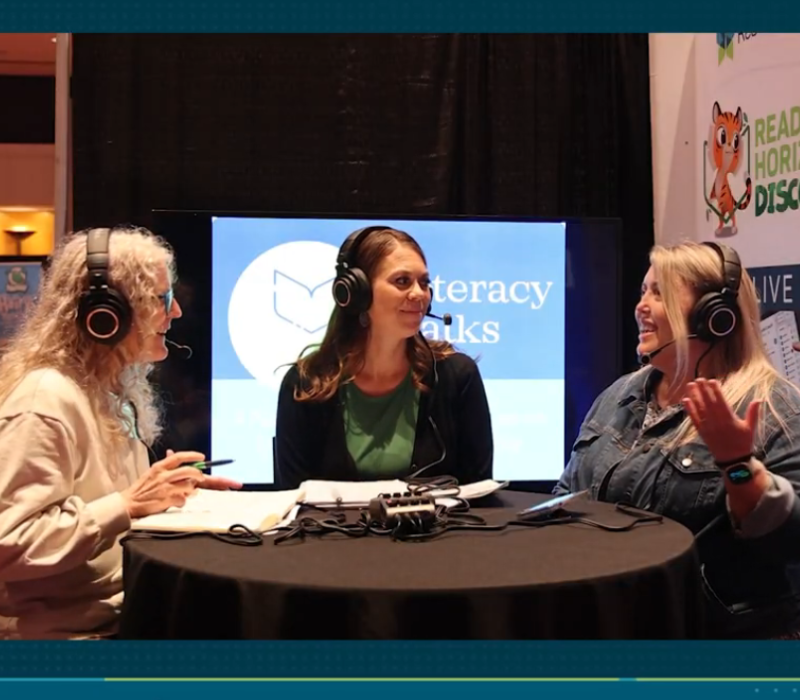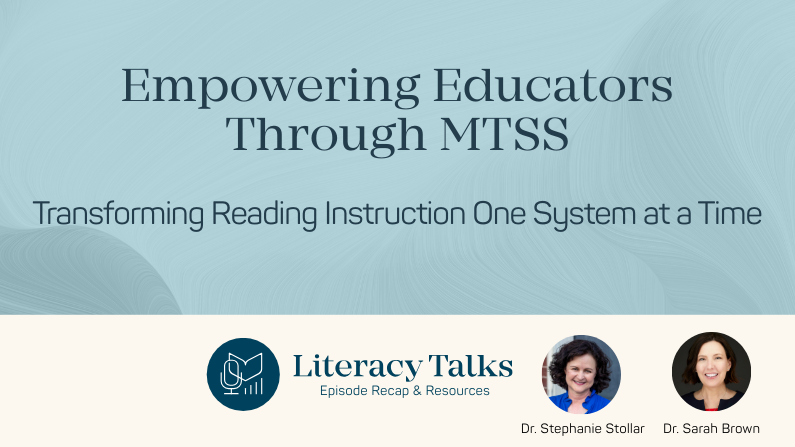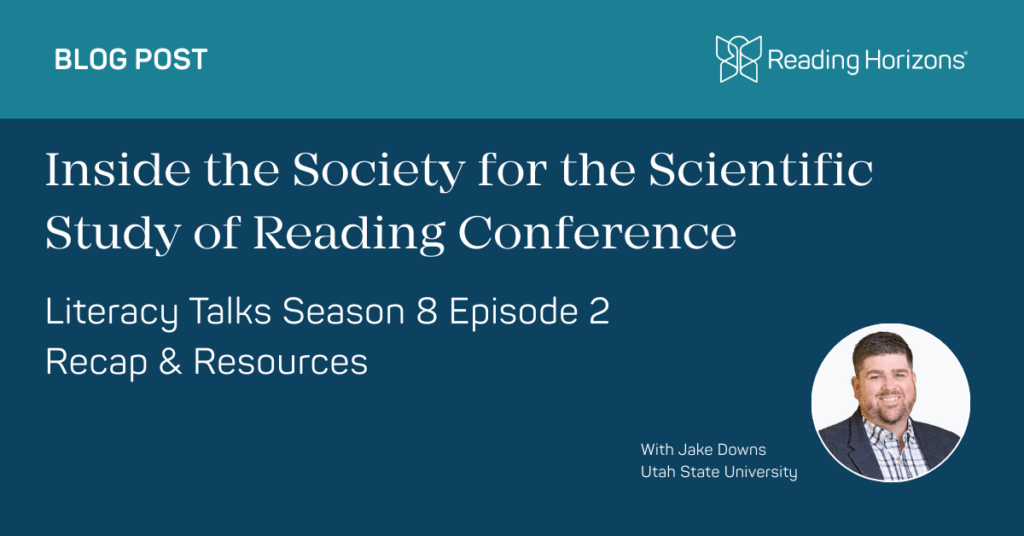
FEATURED
Reflections and Key Takeaways from the Reading League Conference 2025
By Stacy Hurst, Donell Pons & Lindsay Kemeny Why This Conference Mattered We spent three inspiring days at the Reading League Conference in Chicago, surrounded by passionate educators and researchersContinue reading "Reflections and Key Takeaways from the Reading League Conference 2025"








